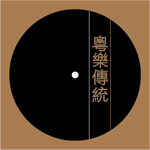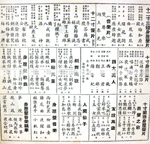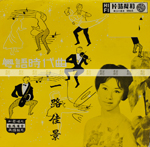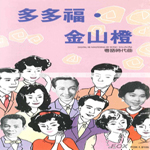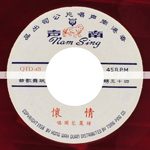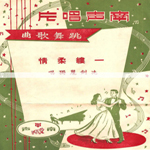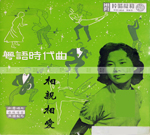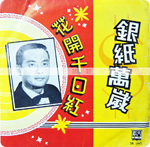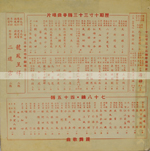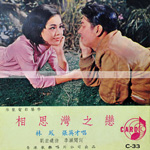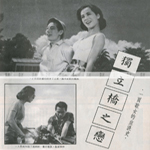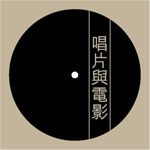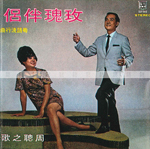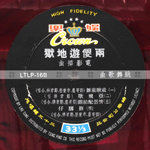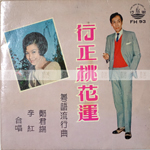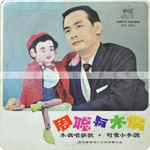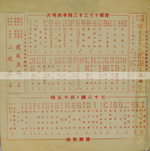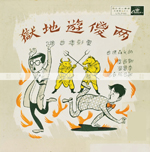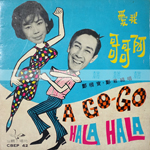In the time when Wong Jum-sum grew up, Cantonese pop music was but one of many kinds of music broadcast on radio. In a society where over 80% of the population spoke Cantonese, that came as a major surprise. Wong has a simple explanation for this. Cantonese pop grew out of traditional Cantonese music, but it could not build on the popularity of the latter in the face of severe competition. Compared to Western or Mandarin pop, it lagged behind in the areas of composition, lyrics, singing, accompaniment, recording, distribution, and marketing. Its competitors had a head start in talents, organization, and technology that took Cantonese pop more than a decade to come close.
Not everyone agrees with Wong’s diagnosis. Other scholars argue Canto pop, even in such early days, had a unique vibrancy that came from a healthy disregard of the boundaries among different traditions and genres, be they local or foreign. Early Canto pop laid a solid foundation for modern Canto pop, which went on to dominate not only Hong Kong but most Chinese communities around the world.
The story of Cantonese pop awaits careful re-writing.
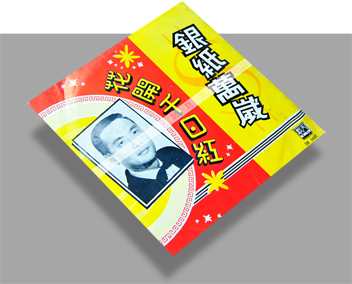

作曲:Kenneth Alford
Malcolm Arnold
作詞:周聰
主唱:周聰、呂紅
快樂 人們青春最 快樂
大眾莫將苦惱 去尋
成日也快樂 沒有煩惱大眾齊工作
快樂 同來高聲唱 快樂
大眾莫將朝氣 降沉
大振精神 應放下煩憂要大家合作
快樂 人們青春最 快樂
大眾莫將苦惱 去尋
成日也快樂 沒有煩惱大眾齊工作
快樂 同來高聲唱 快樂
大眾莫將朝氣 降沉
大振精神 應放下煩憂要大家合作
快樂 人們應該要 快樂
為了是春天已 降臨
成日也快樂 沒有煩惱大眾齊工作
快樂 同來高聲唱 快樂
又切莫心灰冷 志頹
大振精神 應放下煩憂
要大家合作
